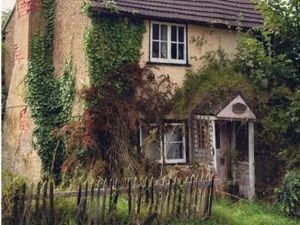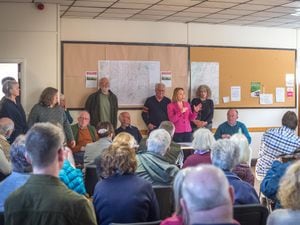Council set to increase council tax on empty properties
Councillors are being advised to increase the council tax premium on long-term empty properties – to double the normal bill.

On Tuesday, November 8, Powys County Council’s cabinet will discuss a report following a consultation on the possibility of increasing the rates paid on such properties.
A long-term empty property is classed as a building that has not been lived in or furnished for over a year.
If councillors agree, the higher council tax bills will need to be paid from April 1, 2023.
This could boost the council coffers by £820,000 a year – which would fall when empty properties become occupied.
The Welsh Government has agreed that local authorities can charge council tax up to 300 per cent on top of the normal bill on both long-term empty properties and second homes – also known as “periodically occupied properties”.
The report says: “Welsh Government policy intention for introducing the premiums is to help bring long-term empty properties back into use to provide safe, secure. and affordable homes and support local authorities in increasing the supply of affordable housing and enhancing the sustainability of local communities.”
As of October, Powys has 982 long-term empty properties and of these, 140 have been empty for more than 10 years.
A consultation on increasing the premium was held from September 18 to October 30, 2020.
Of the 274 responses, 184 were from long-term empty property owners.
The report explains that only six respondents said they would continue to have an empty property if an increase in council tax premium is applied.
The report also states that the council’s housing department say that from what they have seen over the past five years when a 50 per cent premium was brought in – keeping to the present level is “highly unlikely” to reduce the numbers.
They believe the number of long-term empty properties is “more likely to increase.”
The report said that increasing the premium would: “Act as a significant financial deterrent to leave dwellings empty long term, and it could provide increased income that could specifically be used to address the problem.”
The report explains that there would be certain exemptions to the premium.
A property having “major structural repairs” would be eligible for a one-year exemption
When a property is left empty, a six-month council tax exemption would apply and the premium would be added to the bill once the property has been empty for a year.
In February, the former Independent/Conservative administration agreed to introduce a 75 per cent council tax premium on second homes.





